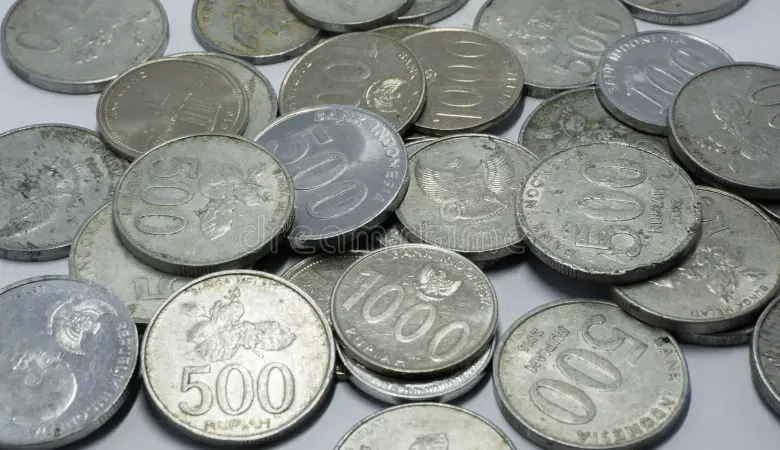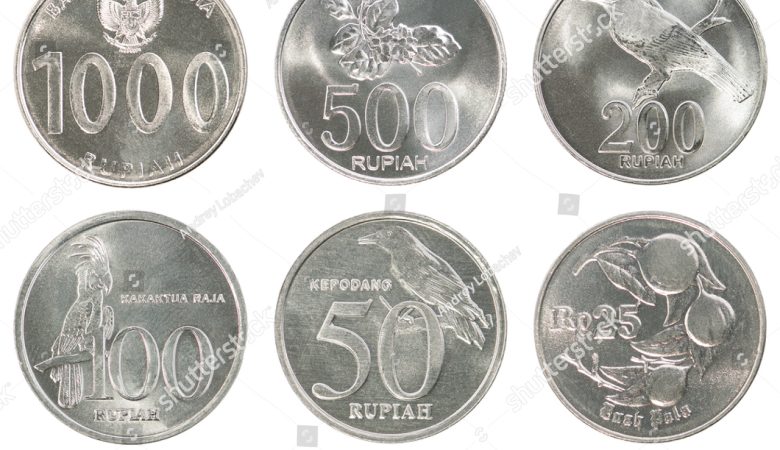Currency of Indonesia
The country’s monetary unit is the Indonesian rupiah (Indonesia Rupiah, currency code IDR). On price tags, banknotes and coins, it is designated as Rp.
The denomination of coins in circulation is 500, 100, 50, 25, 10.
What currency to take to Bali?
In tourist areas, you can pay in US dollars, but they will accept them from you at a not very favorable rate, so it is always better to have local currency with you. It is most advantageous to bring 50 or 100 dollars or euros with you, because. the course for them is more profitable than for “trifle”.
Euros may generally refuse to be accepted for payment (but not for exchange). They exchange European currency everywhere, just like dollars.
Where to change currency in Bali?
There will be no problems with exchanging dollars or euros in Bali and in other tourist places in Indonesia. The exchange is offered by banks, official exchange offices, as well as unofficial exchangers in all sorts of shops.
The most profitable real exchange rate (so that without cheating) is in banks. In order not to be deceived (or rather, to reduce the likelihood of deception to a minimum), we recommend changing money at a bank or official exchange offices operating at or from banks.
Currency exchange is very popular in official or unofficial exchange offices, which can be found at almost every step. But in such places there is always a chance to be deceived, and it is very big. If you change money in an unofficial exchanger, then they will almost certainly try to deceive you. Prerequisites for deception is an overvalued exchange rate.
Typically, such an overestimated rate includes a commission, which can reach 30%, but it is not announced to the tourist until your money is in the hands of the money changer. After that, it is almost impossible to cancel the exchange and return your money.
But even if you make sure that there are no hidden fees in the exchange rate, they will try to deceive you during the very process of transferring money. Traditional “wrapping” of money is popular here, and sometimes there are even calculators that count incorrectly, of course, in favor of the money changer.
To minimize fraud in exchangers, never give your money in advance even for supposedly checking for falsity, count the money received in front of the money changer right on the table, double-check the exchange amount on your calculator.
Each exchange office must give you a check. If they don’t, ask. The receipt will be required upon departure for the return exchange.
Bank cards
Before traveling to Indonesia, you must notify your bank that you will be using the card in Indonesia, otherwise it may not work or be blocked after the first transaction. They are accepted by hotels, restaurants, supermarkets and shops. When paying by card, money is debited without commission.
Withdrawing money from a plastic card in terms of “profitability” is not much inferior to exchanging cash dollars or euros if you withdraw cash from ATMs in banks, but most often you will still lose a small commission: from 15,000 to 100,000 rupees will be held by the bank that owns the ATM + your bank’s fee for withdrawing cash from a third-party bank will be withheld. Ideally.
you should withdraw money from an ATM of an international bank using a card issued by it, for example, Citibank. Also, Citibank ATMs have the smallest commission when withdrawing from other cards. List and addresses of Citibank ATMs – http://www.citibank.co.id. Other good ATMs, where the commission is minimal or absent at all: Bank Negara Indonesia (BNI) and Bank Central Asia (BCA).
ATMs are quite common (especially in large cities and in Bali), but it is still better to use an ATM in the office of a large international bank Usually, in one transaction, you can withdraw from 1,500,000 to 3,000,000 rupees. It is more profitable to withdraw the maximum amount, since the ATM commission is charged for the operation and not for the amount.
Traveler’s checks
Traveler’s checks are quite common and you can safely use them when traveling, especially in tourist areas, incl. on Bali. The most common, “American Express”, is accepted almost everywhere. Kursk on them are slightly less profitable than when exchanging cash, but the security is higher.
Tips
Officially, there is no tipping in Indonesia, and the service charge is almost always included in the bill. But traditionally, if you liked the service, it is customary to thank the staff with a tip, leave a little more on top of the bill in a restaurant or café, leave a reward for the taxi driver.
Usually in restaurants, the amount of tip can be from 5 to 10 percent of the bill, but you should not leave more than $ 3. You can give a porter 500-2000 rupees, a driver 3000 rupees, a guide 4000-5000 rupees. In a taxi, when traveling by the meter, you can round up the fee to the nearest thousand.





